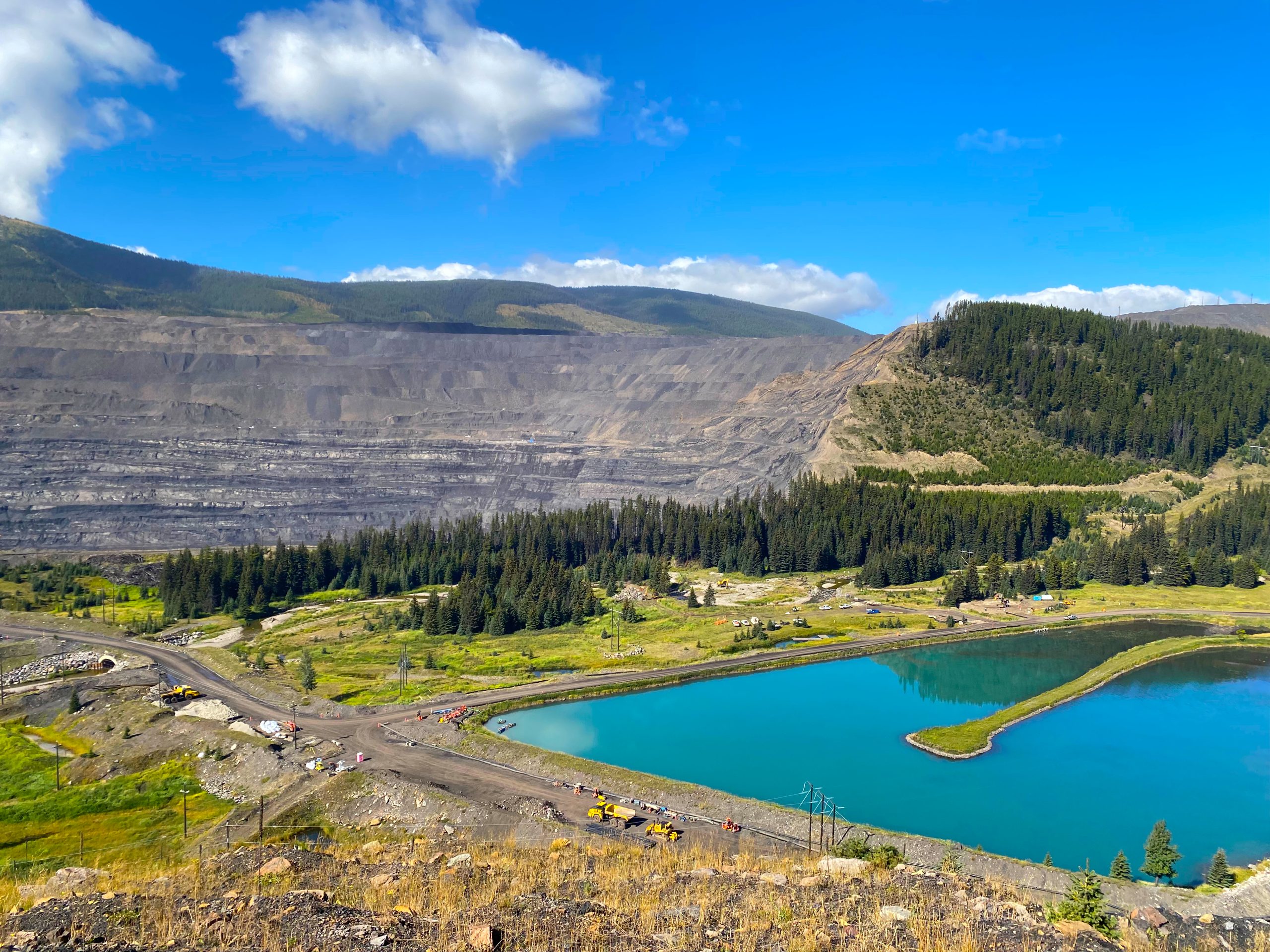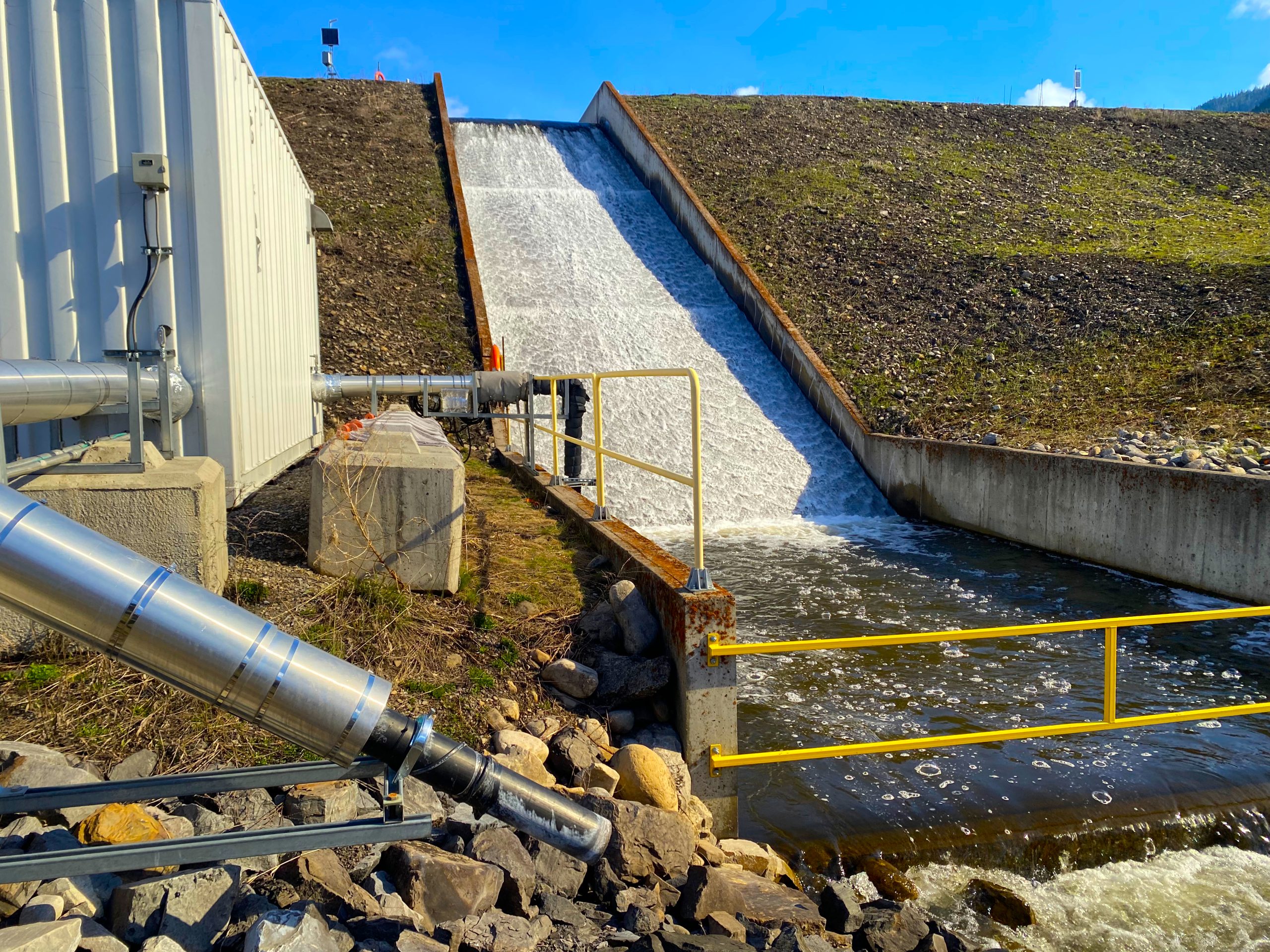On this page
Compliance and Enforcement in the Elk Valley
The B.C. government has a compliance and enforcement program to verify EVR is following the legal requirements that are in place to protect the environment.
Most compliance and enforcement activities related to water quality and environmental protection are completed by the Ministry of Environment and Climate Change Strategy. However, the Ministry of Energy, Mines and Low Carbon Innovation and the Environmental Assessment Office also conduct compliance and enforcement on their authorizations.
Each agency is part of the natural resource sector-wide Compliance Management Framework and has its own team of inspectors, separate from the staff involved in permitting. They review industry activities and hold them accountable for meeting regulatory requirements. Collaboration is done across ministries and with other agencies.
To confirm that EVR is complying with their permit requirements, inspectors:
- Conduct data reviews
- Conduct on-site inspections
- Respond to complaints
- Review non-compliance reports submitted by EVR
The compliance status of each requirement assessed during an inspection is included in an Inspection Report. If all permit requirements are being followed, a Notice of Compliance is issued. If non-compliances are found, they’re documented and inform the outcome of the inspection.
Learn more about the B.C. government’s approach to mining compliance and enforcement.
B.C. and the Ktunaxa Nation engagement on compliance
The B.C. government ensures the Ktunaxa Nation is engaged in compliance and enforcement by:
- Conducting accompanied inspections
- Providing copies of all inspection reports
- Providing annual inspection summary reports
- Communicating regularly on compliance and enforcement
Non-compliance outcomes
A risk-based non-compliance decision matrix is used to determine the best tool to restore compliance quickly and to encourage future compliance. These tools include:
- Advisories
- Warnings
- Administrative (monetary) penalties
- Referrals for investigation and prosecution
The decision matrix considers impacts to the environment (including human health) and the ability of a regulated party to return to compliance.
Continuing non-compliance may result in stronger enforcement actions over time. Administrative penalties are a stronger enforcement response than advisories and warnings. They’re becoming more common as the ministry responds to continuing non-compliances.
Environmental Management Act inspections
The Ministry of Environment and Climate Change Strategy regulates EVR through 22 waste discharge permits to the protect the environment from pollution. This includes Permit 107517. EVR must also follow multiple regulations under the Environmental Management Act (EMA).
Over 200 inspections have been completed for EVR’s Elk Valley sites since 2014 when the Elk Valley Water Quality Plan was approved.
The Natural Resource Compliance and Enforcement Database includes all reports on EVR’s history of compliance since 2017 and outcomes of administrative penalty processes.
Filters can be used to view results:
To stay informed about environmental compliance in B.C. follow the Ministry of Environment and Climate Change Strategy’s Twitter account.








